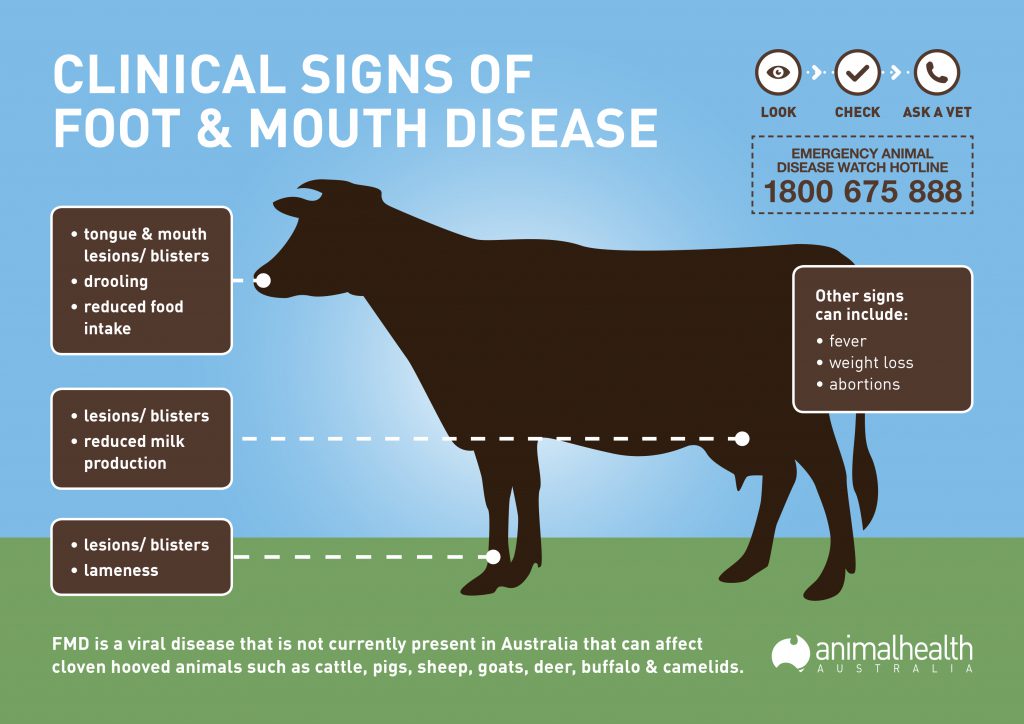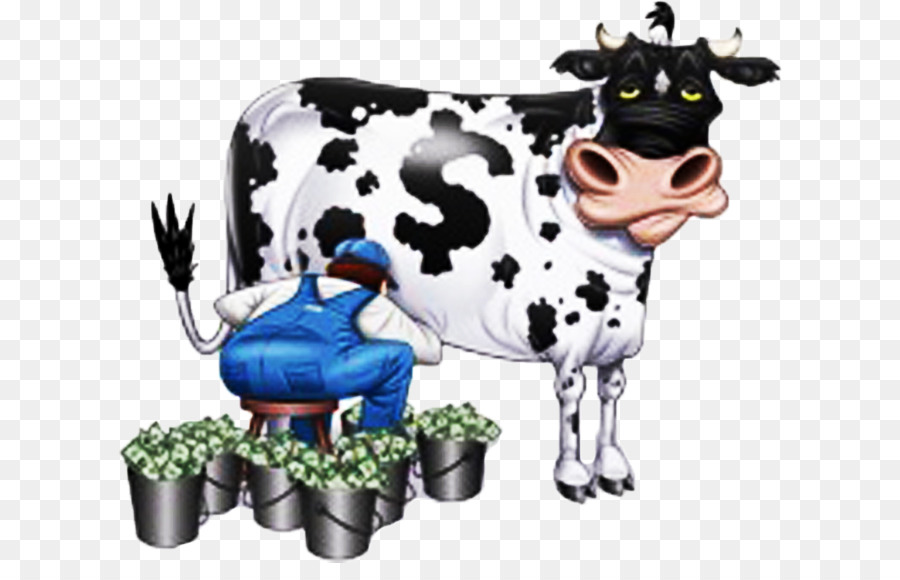Cow and Buffalo farming
Cow and buffalo are mainly reared for dairy products, manure, fuel and for pulling cart also. Moreover, buffaloes are reared for meat and other food stuffs while cow is known as national animal worshiped as goddess. With the rise in demand for milk related products and meat(buffalo), cow and buffalo farming is slowly turning into a commercial entity.Feed Management:
Feed refers to the grass, leaves, hay, straw, grains etc so feed management means balanced feed that are essential to proper growth of cow and buffaloes. It contain a proper mix of of carbohydrate, proteins, vitamin, fat, minerals, water, etc.
Feed management can be different based on varies life cycle stages of cow and buffalo such as
1. Feed management for calves
2. Feed management for pregnant.
3. Feed management for lactating.
5. For bulls and working buffaloes
Types of feed
Roughage: They are feeds which are bulky and low in energy giving.
Concentrates: They are feeds which are rich in proteins, carbohydrates, etc.
Importance:
Characteristics
of Quality Pasture:
5. It should be
free from wastage materials.
Importance:
1. It
provides the nutrients directly to cow and buffalo.
3. It provides
scope for proper sunlight to the animals.
4. It is also
important in environmental conservation.
5. It minimizes
the cost of expensive feed.
Characteristics
of Quality Pasture:
1. It should be
covered densely with grass and other vegetation.
2. It should be
diverse in nature.
3. It should be
free from weed and poisonous vegetation.
4. There should
be proper management of water.
5. It should be
free from wastage materials.
Breeding refers to the process related to production of offspring in animals.
The major attributes(features) are:
1. Stability in milk production
2. Fertility rate
3. Immunity
4. Physical structure
Breeding in general is divided into two halves
1. In–breeding
2. Out–breeding
In-breeding
In-breeding is the process of reproduction from mating the pairs of related cow or buffalo.
i. Close in-breeding: Reproduction from mating the pairs who are in blood relation.
ii. Line in-breeding: Reproduction from mating the pairs who are not in blood relation.
Out-breeding
Out-breeding is the process of reproduction from mating the pairs of unrelated cow or buffalo.
Important information related to breeding of cow/Buffalo
The major attributes(features) are:
1. Stability in milk production
2. Fertility rate
3. Immunity
4. Physical structure
Breeding in general is divided into two halves
1. In–breeding
2. Out–breeding
In-breeding
In-breeding is the process of reproduction from mating the pairs of related cow or buffalo.
i. Close in-breeding: Reproduction from mating the pairs who are in blood relation.
ii. Line in-breeding: Reproduction from mating the pairs who are not in blood relation.
Out-breeding
Out-breeding is the process of reproduction from mating the pairs of unrelated cow or buffalo.
Important information related to breeding of cow/Buffalo
Particulars
|
Cow
|
Buffalo
|
Adult age
|
6-16 months
|
24-40 months
|
Ready for reproduction
|
18-22 months
|
36-42 months
|
Difference between Estrus and Proestrus(sexual receptivity )
|
18-21 days
|
20-24 days
|
Estrus (sexual excitement)
|
12-18 hours
|
30-36 hours
|
Diseases in cow/buffalo
Black Quarter (Bhyagute disease)
This disease is also known as Black-leg or farrya. it caused due to soil-borne infection. this disease is transmitted through feed and wound infection.
Symptoms:
1. High Fever (106-108 F) 4. loss of appetite भाेक (hunger)
2. Rapid heart rate and pulse 5. Swelling सुनिनु
3. Dullness सुस्ती
Treatment
1. Penicillin antibiotics 3. Vaccination
2. Medicine of sulphur drug group
Symptoms:
1. High Fever (106-108 F) 4. loss of appetite भाेक (hunger)
2. Rapid heart rate and pulse 5. Swelling सुनिनु
3. Dullness सुस्ती
Treatment
1. Penicillin antibiotics 3. Vaccination
2. Medicine of sulphur drug group
Rabies:
When buffalo is bitten by infected animal like dog, jackal, cat, etc. rabies occurs.
Symptoms:
1. Low fever
2. Difficult while swallowing
3. drooping of saliva
4. Pain at the side of bite
Treatment:
Anti-rabies vaccination
Charchare/Langadi
It is another major disease that affects animal's legs.Symptoms:
1. Fever (104-106 F )
2. Lame
3. Swelling in thigh
Treatment
Penicillin injection
Foot and Mouth Disease (FMD)
This disease is one of the most common disease that affects foot and mouth area of a cow/buffalo.
Symptoms
1. High fever
2. Drooping of saliva
3. Wound around mouth and foot
4. Problem in walking
Treatment
1. Cleaning of wound
2. Use of various antiseptic (preventing the growth of disease-causing microorganisms) cream
3. Vaccination (Injection of a killed microbe in order to stimulate the immune system against the microbe, thereby preventing disease)
Product Management
Cow and buffalo farming has turned into commercial entity where the main aim is to sell the dairy products and earn money. One can also prepare various milk products such as ghee, curd, cheese, etc and sell them directly to the consumer. One must ensure that milk and milk product are stored and preserved properly.







No comments:
Post a Comment